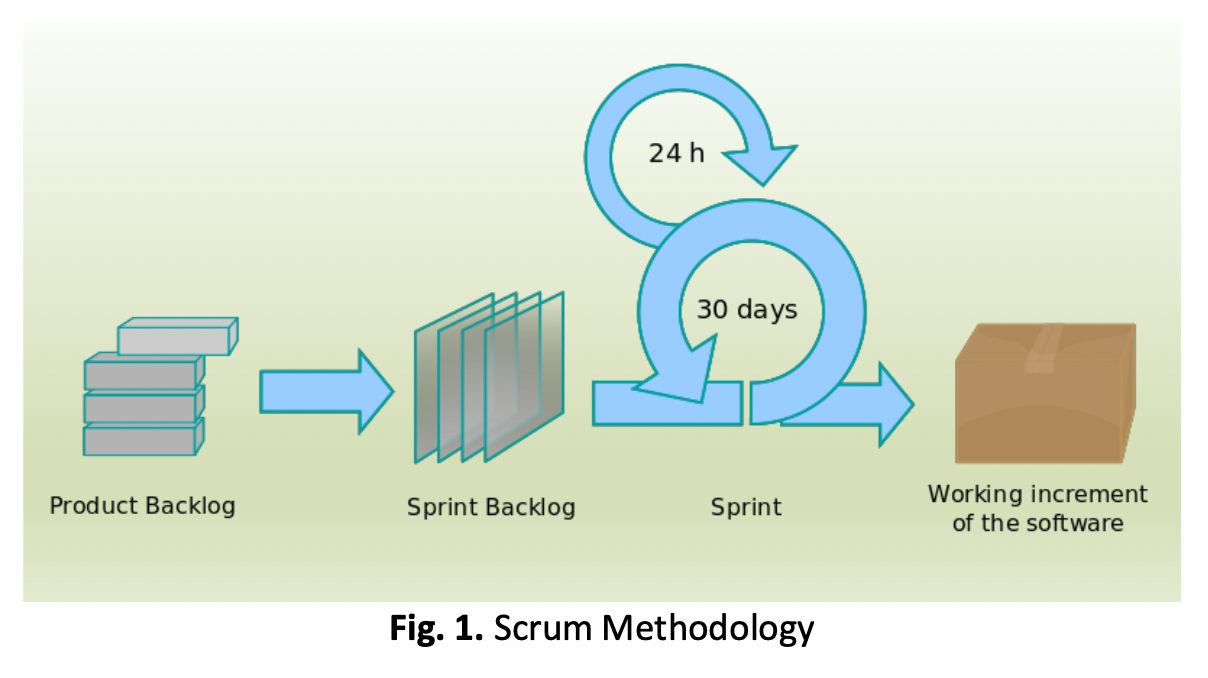Mobile Application that Promotes Citizen Participation to Counteract Insecurity in the District of Los Olivos
DOI:
https://doi.org/10.37934/araset.31.3.358372Keywords:
Citizen insecurity, mobile application, Scrum methodologyAbstract
Nowadays, in Peru, there are several problems, where crime is one of the most prominent; we see this reflected daily in the various criminal acts that occur in our capital city, which generates fear, distrust and insecurity in the population. For this reason, we propose the development of a mobile application that can provide relevant information on crime incidents occurring in the district of Los Olivos. The application has the function of notifying users and district authorities about incidents of citizen insecurity in order to generate various lines of communication, which, by being more efficient, provide an immediate response to these criminal acts, thus reducing crime rates in the district of Los Olivos. In addition, this application promotes citizen participation and empowers the population to be part of the decisions in public policies, it will also allow the Police of the Jurisdiction to take the necessary actions since they will have updated and accurate information on their mobile device. For the development of the mobile application was chosen the Scrum methodology because it allows greater efficiency in the development stages. Finally, its structure will be made with the Kotlin language, which will have the necessary Application Programming Interfaces (API's) and similar to Google Maps, to visualize and make use of these adding risk notifications about a crime in key locations, storing the information in a relational database for distribution through the virtual store of PlayStore applications.
Downloads




























